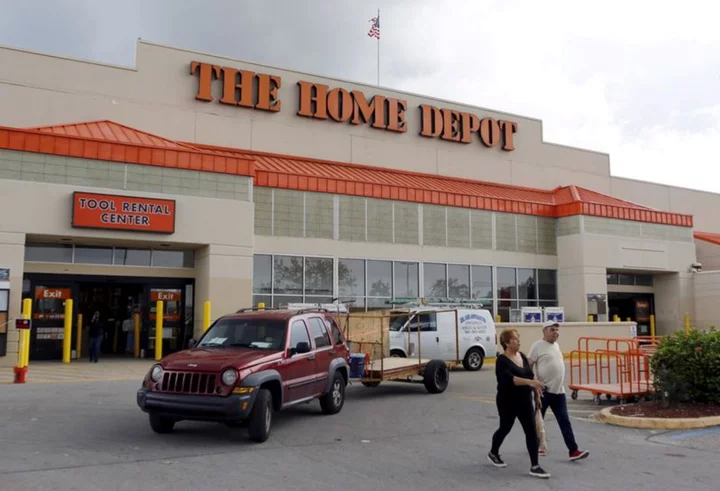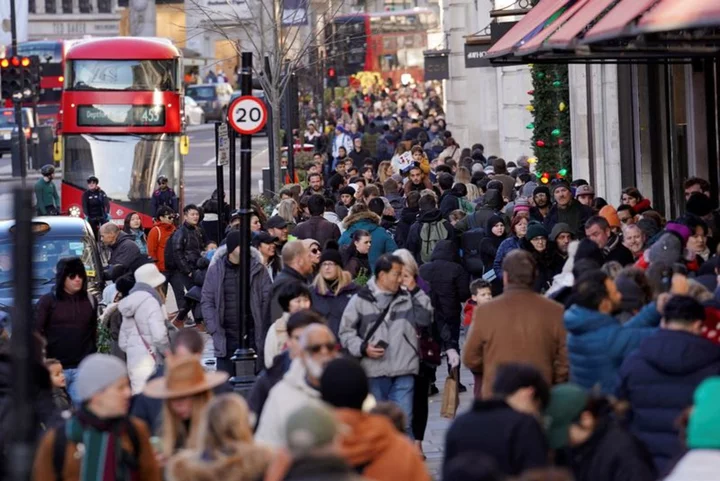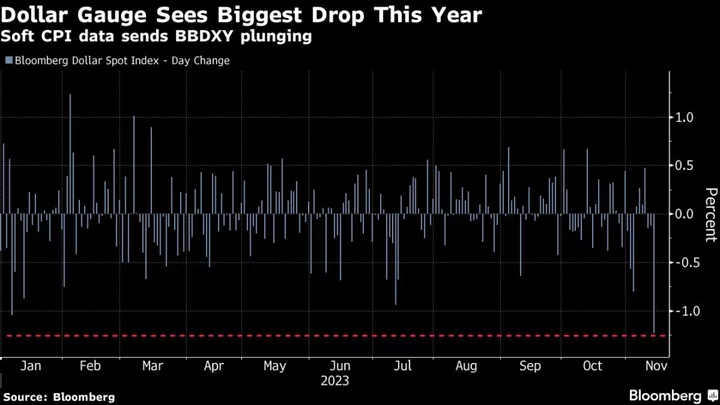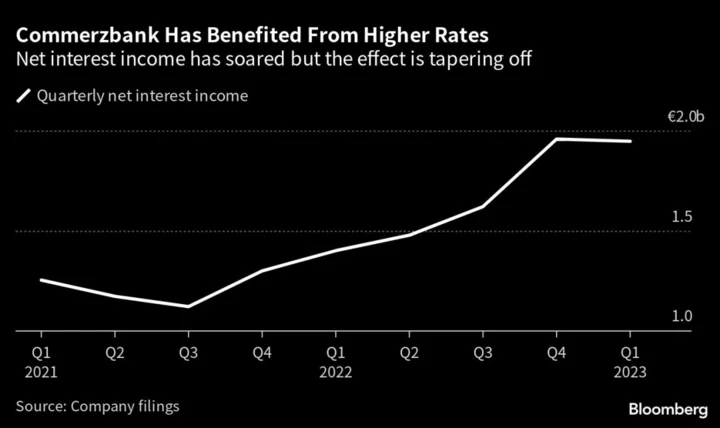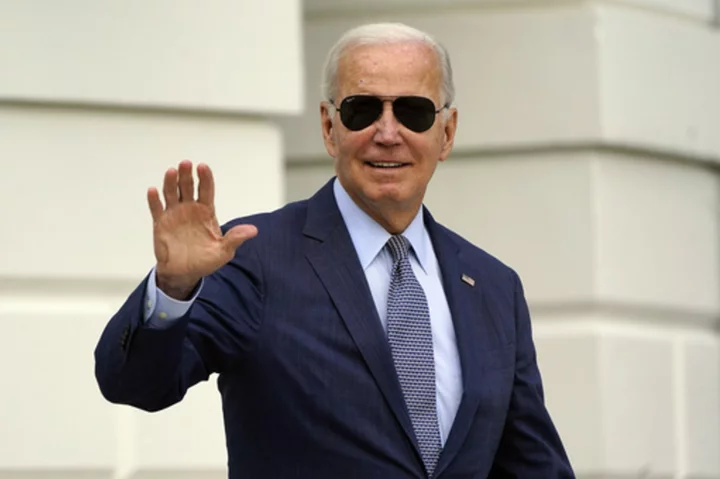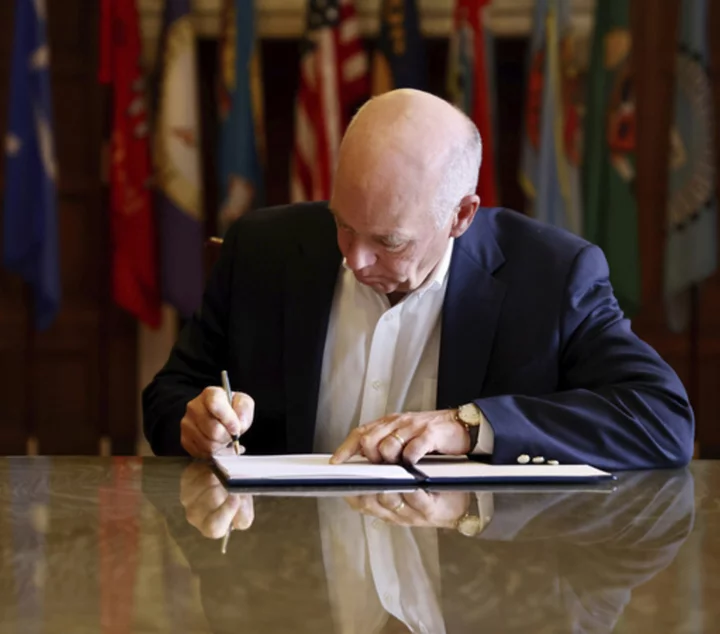By Lisa Baertlein
LOS ANGELES During the worst shipping delays of the early pandemic, consumer and transportation analysts predicted U.S. retailers would buy more goods than they needed to prevent future disruptions from turning into empty store shelves, but a new analysis suggests they are returning to old habits.
With pandemic-related shipping problems in the rearview mirror, major U.S. retailers are no longer buying more than they think they'll need to cover for goods that arrive late.
"Mega-retailers are returning to 'just-in-time' inventory strategies, killing the 'just in case' promise of the pandemic's supply chain snarl," said Susquehanna analyst Bascome Majors.
Majors analyzed about 20 years of data from Walmart, Target, Home Depot, and Lowe's, the four highest highest-volume publicly traded importers of goods via ocean container ships in the United States.
During the second quarter, the Big 4 retailers combined reduced inventories by 4%, the largest quarter-over-quarter drawdown since 2015, Majors said in a client note.
No longer swimming in unsold merchandise puts them in a better position to bring in new seasonal goods for the all-important peak holiday season.
Despite enthusiasm for new seasonal products, retailers remain cautious.
Stubborn inflation, rising interest rates and the resumption of student loan payments could keep some shoppers from splurging on holiday gifts, and retailers do not want to find themselves swamped with product again.
Susquehanna's Majors expects the top retailers' third-quarter inventory builds to be greater than last year's 6% quarter-over-quarter growth, but below the 14% average for the pre-COVID years of 2015 through 2019.
Walmart was the most optimistic of the four retailers on recent earnings calls, signaling a possible uptick in general merchandise stocks for the rest of the year.
The world's biggest retailer raised its full-year forecast and signaled that early success with back-to-school sales bodes well for Halloween and Christmas.
(Reporting by Lisa Baertlein in Los Angeles; Editing by Bill Berkrot)

